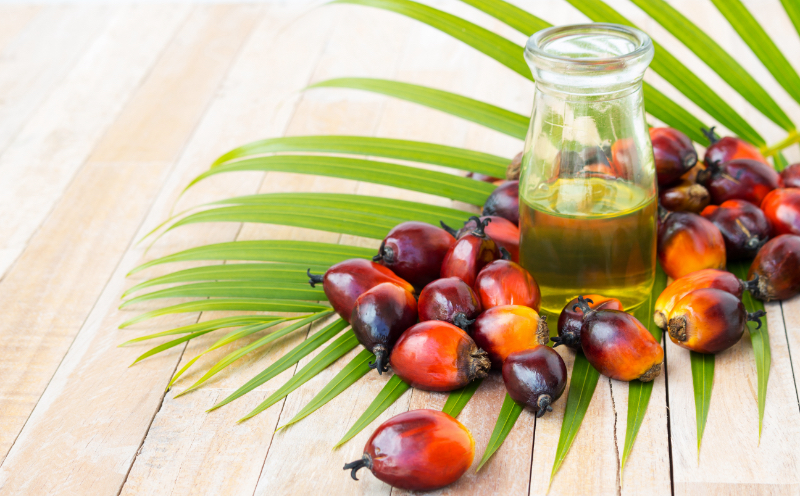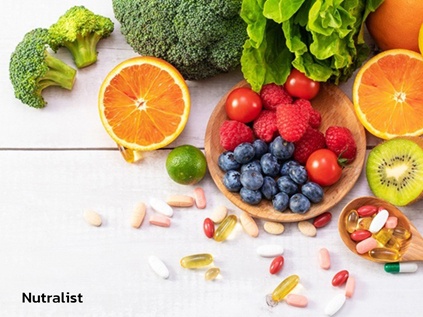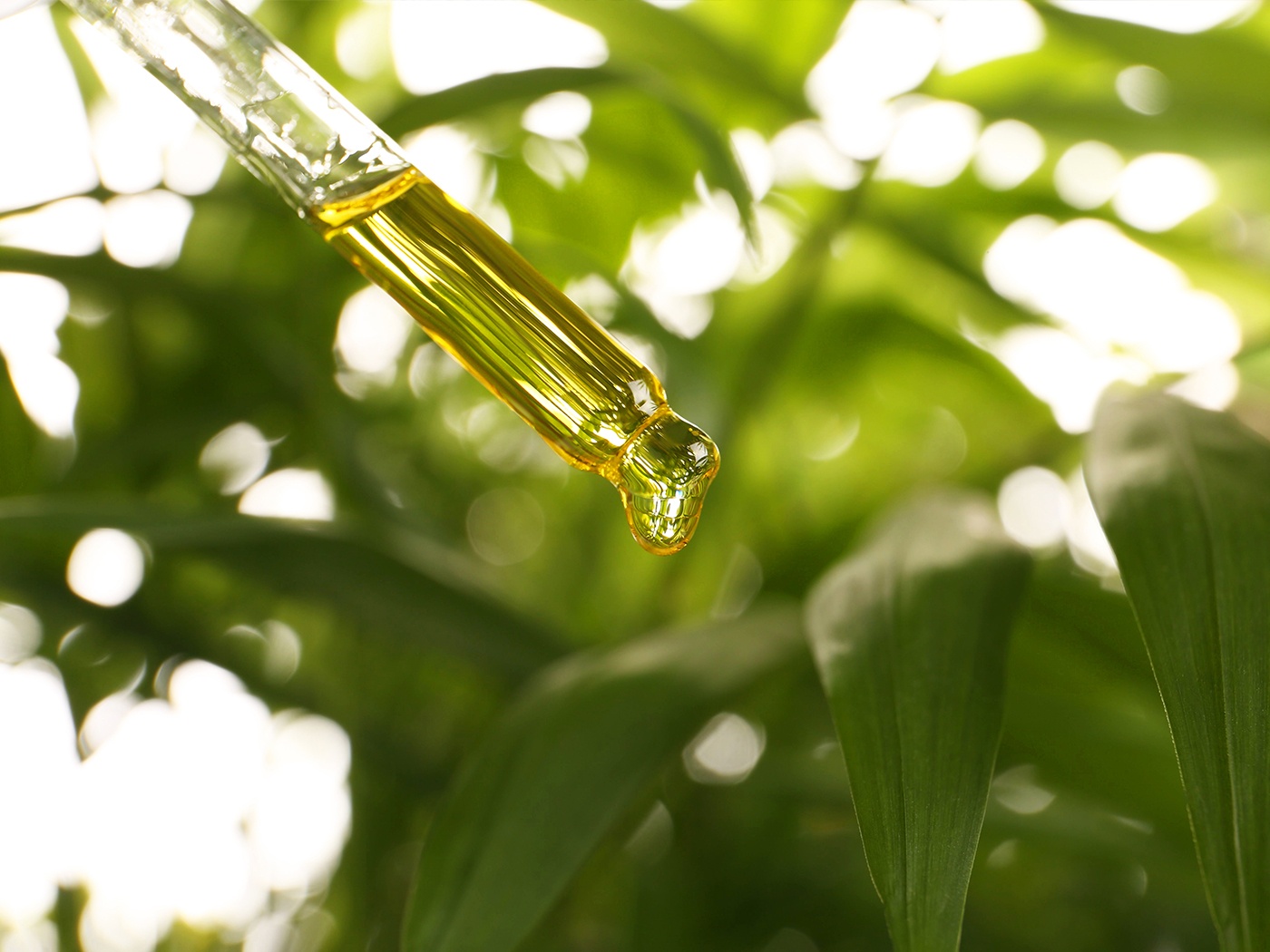
FAQ
LIST OF FREQUENTLY ASKED QUESTIONS FOR INVESTORS
PTT Global Chemical Public Company Limited or GC is a major shareholder, owning 72.29% market share in GGC. GGC is delegated as "Green Flagship" of the green chemical business under GC Group and GGC also is the pioneer oleochemicals producers in Thailand.
GGC is a currently producer and seller of environmentally friendly basic oleochemicals which is comprised of
- Methyl Ester is a fundamental oleochemical product that supports environmental sustainability. Commonly referred to as Methyl Ester or B100, it can be blended with base diesel fuel to produce high-quality biodiesel that meets the European standard (EN14214) for use in diesel engines. Methyl Ester significantly enhances diesel fuel performance by improving lubricity, optimizing combustion efficiency, and extending engine lifespan. Most importantly, it plays a crucial role in reducing pollution and mitigating environmental impacts, particularly by helping to address the issue of PM 2.5.
- Natural Fatty Alcohols are basic oleochemicals and key feedstock for the personal care industry. They are also mainly used in a wide range of products, including surfactants, plasticizers, solvents, flavorings, fragrances, detergents, foam stabilizers, lubricants, cosmetics, plastic intermediates, shampoos, paints and coatings, parts of textiles and leather products, and other industries.
- Glycerine which is a by-product of Methyl Ester and Fatty Alcohols. Glycerine is used in pharmaceutical, food and personal care industries. In addition, GGC has several byproducts, including crude glycerine, yellow glycerine, potassium sulfate, ME residue, and FA residue.
The company have two types of projects completed and projects under study which are as follows;
- GGC initiated a capacity expansion project for fatty alcohol ethoxylate production, This expansion aims to enhance competitiveness and long-term business growth. Construction began in March 2023 and was completed in the fourth quarter of 2024, enabling the project to commence commercial operations.
- Nakhonsawas Biocomplex Project (NBC) : The NBC project is an extension project to Biochemicals and Bioplastics industries. The NBC project will be develpoed into 2 phases which are
- The 1st phase of the project consists of a sugarcane mill producing sugarcane syrup and high test mulasse, an ethanol plant, a biomass power and steam generator. The project commenced ethanol production in March 2022, with the first ethanol sales occurring in April 2022, and is expected to begin commercial operations in the first quarter of 2024.
- The 2nd phase of the project is currently in process of screening an appropriate technology and partners. The project's progress can be tracked in the annual 56-1 One Report.
- Methyl Ester enhances diesel fuel performance regarding lubrication and better combustion quality, resulting in extended engine life.
- Using Biodiesel also reduces pollution for instate PM2.5 problem or environmental impacts.
- Major customers of GGC for Methyl Ester (B100) are the companies in PTT group and the leading oil companies in Thailand
- Major customers of GGC for Fatty Alcohols are manufacturers of consumer goods, oleochemical industry operators, traders, and distributors who purchase Fatty Alcohols for resale to their own clients. Domestically, the primary customer is Thai Ethoxylate Co., Ltd. (TEX). Internationally, GGC serves markets across Asia, Europe, South Africa, South America, and other regions.
Currently, GGC has the factories as follows;
- Methyl Ester Plant 1 and Plant 2 have nameplate capacity of 300,000 TPA and 200,000 TPA, respectively.
- Fatty Alcohols Plant has nameplate capacity of 100,000 TPA
- Glycerine Plant 1 and Plant 2 have nameplate capacity total of 51,000 TPA
The domestic price of biodiesel is determined by a resolution of the Committee on Energy Policy Administration, which is used as a reference price for selling by oil refineries and distributors (as defined by the Fuel Trade Act).
The reference price is the regulations for specifying the biodiesel price reflect the real costs of production by considering the costs of 3 main inputs : crude palm oil (CPO), refined bleached and deodorized palm oil (RBD) and palm stearin (PS)
(Following website: www.eppo.go.th/index.php/th/petroleum/biofuel/situation-biofuel)
The Nakhonsawan Biocomplex Project is a collaboration between GGC and Kaset Thai International Sugar Corporation Public Company Limited (KTIS), located in the province of Nakhon Sawan, which will be developed in two phases.
- The first phase of investment consists of;
- A sugarcane milling and syrup production facility with a crushing capacity of 2.4 million TPA
- An ethanol production plant with a nameplate capacity of 186 million liters per year (or 600,000 liters per day), using sugarcane juice or syrup from the milling process as feedstock.
- A biomass power plant with a capacity of 85 MW and steam capacity of 475 tons per hour.
- A biomass power plant and high-pressure steam generation facility with an installed power generation capacity of 85 megawatts and a steam production capacity of 475 tons per hour.
- The second phase of investment is an extension aimed at enhancing the capacity and value of the joint venture within the Environmental Chemical Industrial Estate. This investment strengthens the readiness of the Nakhonsawan Biocomplex to accommodate future industrial investments and fosters the values for Thailand’s agricultural produce utilized in various projects in the complex. By providing comprehensive utility and infrastructure services, future investors can leverage these facilities without the need for separate investment. Additionally, advancing the Nakhonsawan Biocomplex to match the capabilities of other industrial estates and attracting more environmentally friendly chemical industry projects aligns with Thailand’s strategy for sustainable development under the Bio-Circular-Green (BCG) Economy Model. This initiative also reinforces GGC’s leadership in green chemicals and environmentally responsible business practices. The project's progress can be tracked in the annual 56-1 One Report.
GGC's dividend payment policy is to pay dividend at a rate of no less than 30% of net profit after tax and allocation to all reserve fund of GGC. Such dividend payment however is subject to the investment plan, other necessary, and appropriate considerations in the future.






